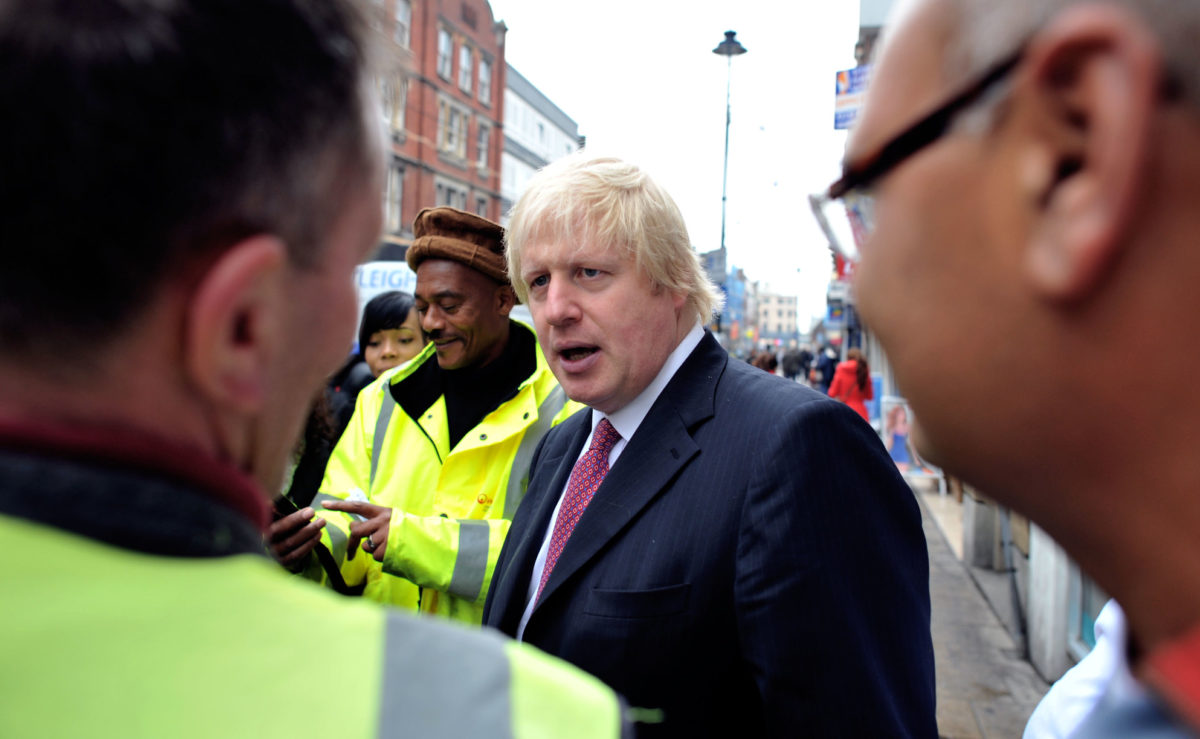The chorus of voices from the U.K. renewable energy industry calling for the government to take their competing technologies into account as the country aims for a net zero carbon future will have come as no surprise to anyone.
Similarly, requests from potential renewables investors and industry bodies for clarity on how the U.K. government will achieve its lofty 2050 ambition are par for the course.
When international energy bodies join the fray, however, the debate takes on a different tone, and an intervention from the Institute for Energy Economics and Financial Analysis (IEEFA) has thrown into sharp relief the U.K. government’s failings on clean energy, and on solar in particular.
IEEFA energy finance consultant Gerard Wynn yesterday criticized the decision by Theresa May’s government to end subsidies for rooftop solar in March without having a replacement regime in place. Installers and solar product retailers were left hanging until Monday, when Whitehall outlined plans for its Smart Export Guarantee. That SEG program will come into effect at the end of the year, meaning rooftop generators will have endured nine months without any legal right to payment for excess power exported back into the grid.
Solar struggles illustrate problem
IEEFA consultant Wynn cited solar as evidence of the need for the U.K. government to explain in detail what sort of regulations it will introduce to attain carbon neutrality in 31 years’ time.
Stressing the desirability of a technology-neutral approach and the importance of issuing clear policy outlines to give confidence to investors, Wynn said: “The recent hiatus in the country’s solar power industry is a case in point – as well as wider electricity market reforms – for how disjointed policy can become.”
The representative of Ohio-based IEEFA also criticized the capacity market introduced by the U.K. in 2014 to guarantee security of energy supply, stating it “has mainly benefited conventional coal, gas and nuclear generation”. The market is currently under suspension after the European Court of Justice censored the approval of the scheme issued by the European Commission, stating the mechanism amounted to a back-door incentive regime for traditional generation as it did not give sufficient weight to demand-side response technology.
What would Boris do?
And Wynn also hit out at the reforms being undertaken by U.K. energy market regulator Ofgem to the charging regime which permits operators of the electricity network to recoup costs. “Those network-charging reforms are in the process of eroding incentives to install the distributed energy resources which are expected to be the backbone of the grid going forwards, including battery storage and wind and solar power,” said Wynn.
Renewables investors who have been laboring for years under the uncertainty and policy vacuum caused by a painfully drawn-out Brexit process have now been hit by a double whammy with the advent of a similarly convoluted campaign for Conservative voters to select the next prime minister.
It is almost impossible to ascertain the environmental credentials of overwhelming favorite Boris Johnson as his campaign strategy appears to be to make as few public appearances as possible to minimize the chance he will torpedo his chances with a characteristically outspoken gaffe. However, during his time as London mayor Johnson did speak out against his party’s plan to cut solar feed-in tariffs.
What is clear is that he is clearly in the Brexit camp, along with many of the other contenders, and would give short shrift to ECJ condemnation of an allegedly traditional generation-biased capacity market.
This content is protected by copyright and may not be reused. If you want to cooperate with us and would like to reuse some of our content, please contact: editors@pv-magazine.com.




By submitting this form you agree to pv magazine using your data for the purposes of publishing your comment.
Your personal data will only be disclosed or otherwise transmitted to third parties for the purposes of spam filtering or if this is necessary for technical maintenance of the website. Any other transfer to third parties will not take place unless this is justified on the basis of applicable data protection regulations or if pv magazine is legally obliged to do so.
You may revoke this consent at any time with effect for the future, in which case your personal data will be deleted immediately. Otherwise, your data will be deleted if pv magazine has processed your request or the purpose of data storage is fulfilled.
Further information on data privacy can be found in our Data Protection Policy.